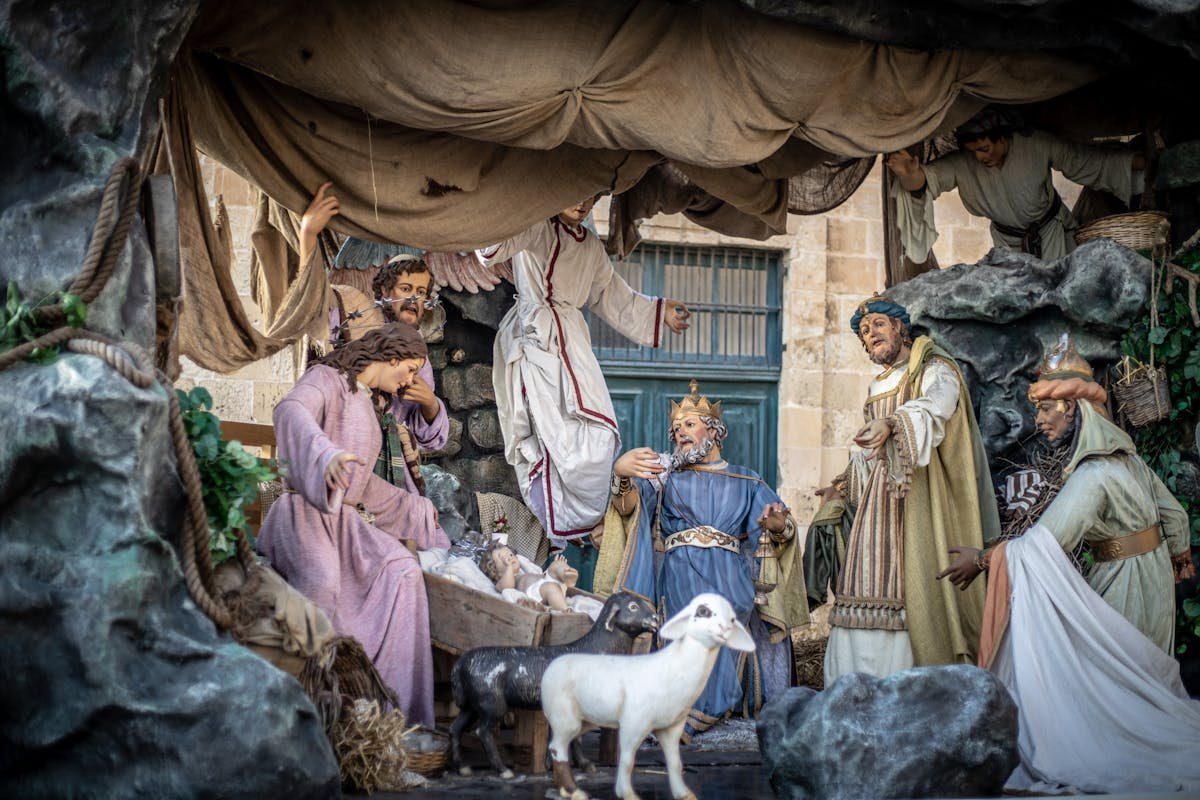Doing her best Billy Graham impersonation—hand raised, mouth open as if in mid-proclamation of the gospel—a 20-something woman posed at an Instagram-ready podium tucked away in a side vestibule at the European Congress on Evangelism. Her friend snapped photos that made it look as if she were addressing the massive crowd at one of Graham’s historic meetings.
But Ophélie Prisca-Diane, who is currently serving with Youth With A Mission in Paris, told Christianity Today she doesn’t think evangelism is just a thing of the past. In fact, she sees it as a thing of the future. She expects Christians her age to do big, big things.
“There is a fire among us,” Prisca-Diane said. “Our generation is very open to the gospel, more than generations before.”
She wasn’t the only one at the gathering of evangelical leaders with great expectations for Gen Z, the group of people currently between the ages of 13 and 28. Amid talk of secularization and potential persecution, Christian leaders repeatedly expressed confidence that young people would usher in the re-Christianization of the continent.
There is some data that suggests a generational renewal of Christian faith has already begun. A recent report from the Bible Society indicates that young people, particularly men, are attending church in increasing numbers in England and Wales. And a 2023 survey from Ipsos showed growing interest in prayer and church attendance among people born after 1997 in Great Britain, France, Germany, Sweden, the Netherlands, and Hungary.
But while there may be a relative uptick of religious interest, that doesn’t really change the overall picture of demographic decline. About one in ten young people in Europe attend church on a weekly basis—a stark contrast to older generations. There has been asteady, if not strictly linear, decline in religious practice for decades.




